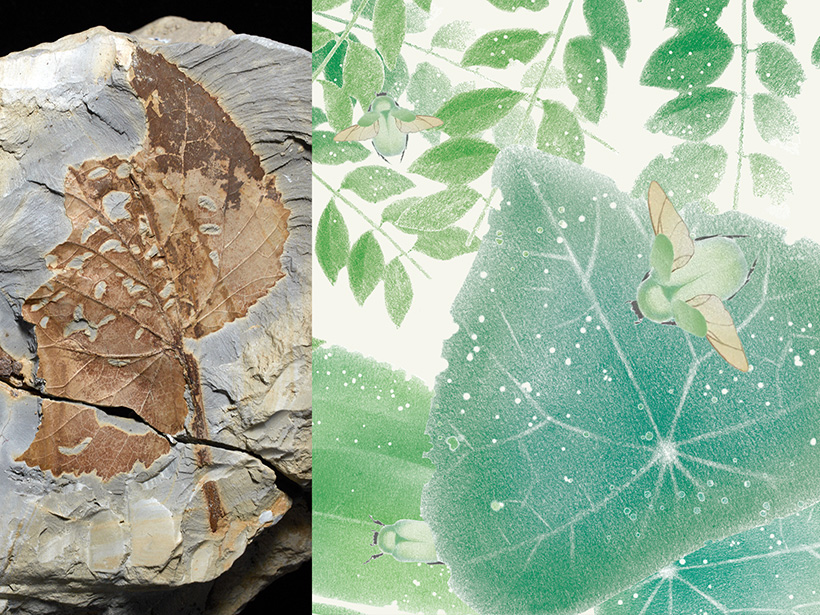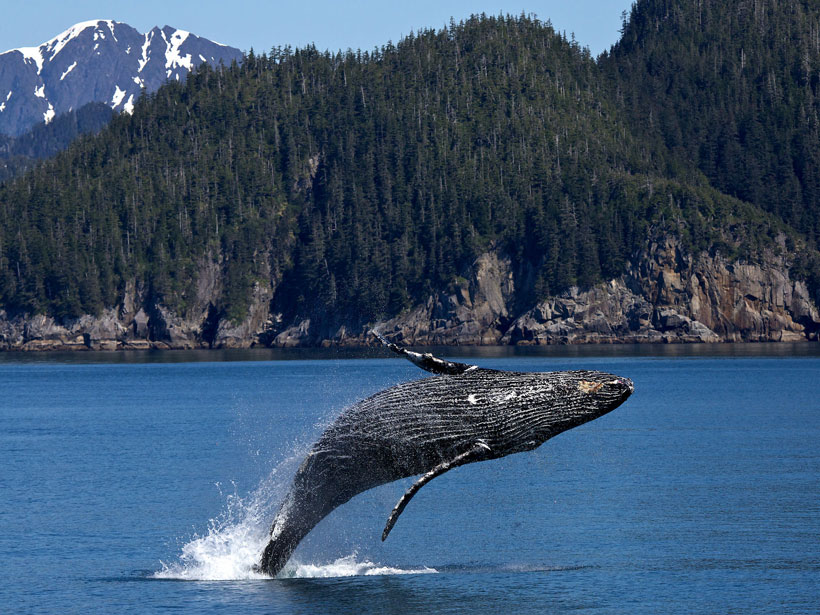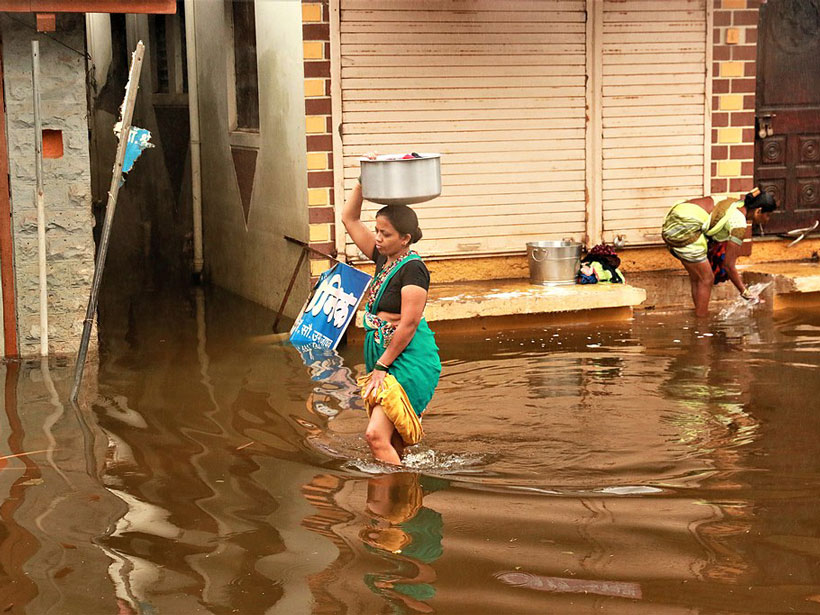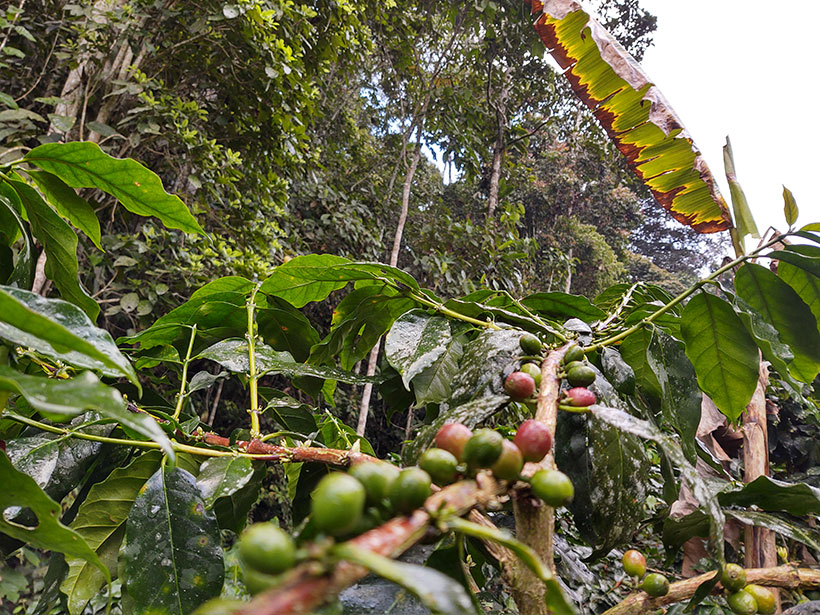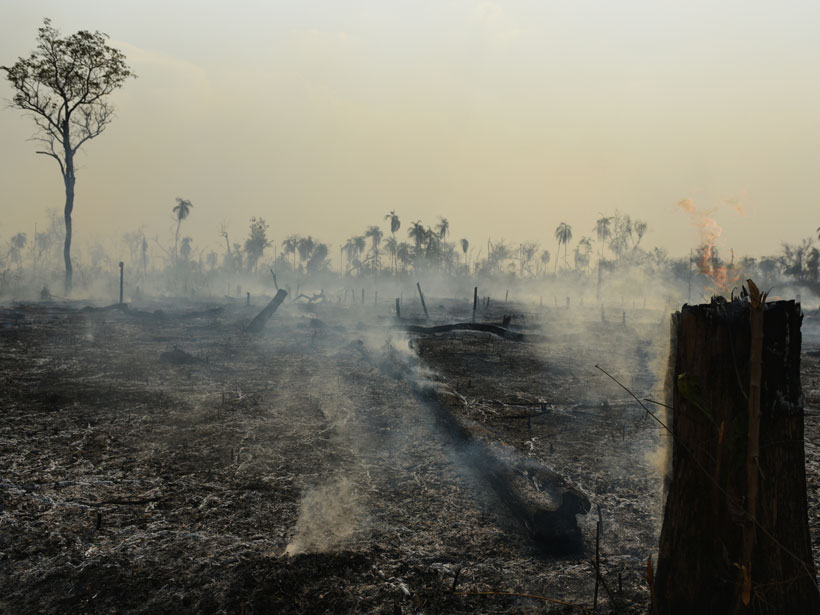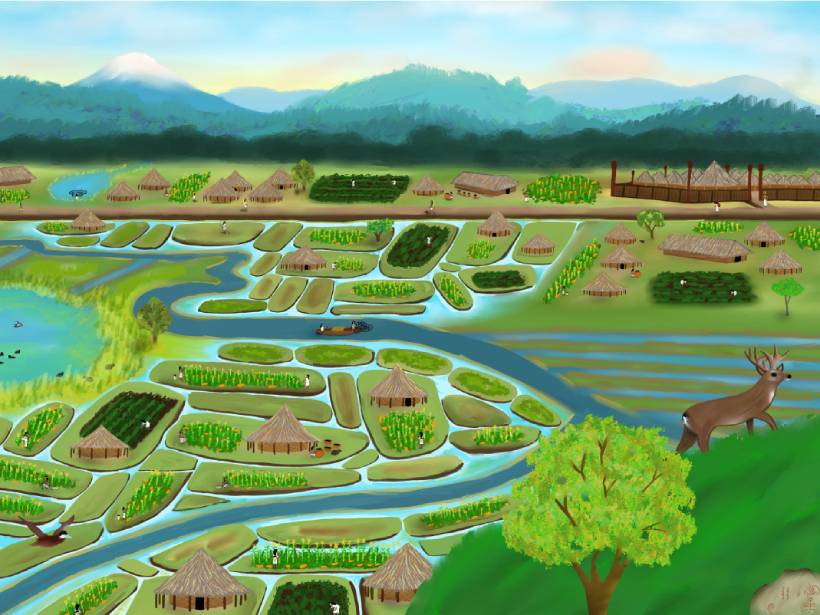Sixty-six million years ago, an asteroid reset most of life on Earth. But without this catastrophic event, the composition of neotropical rain forests wouldn’t be the same.
News
Years After the Pacific Marine Heat Wave, Ecosystem Shifts Persist
Researchers question whether Gulf of Alaska species will return to pre–heat wave conditions.
Cloud-to-Ground Lightning May Have Struck a Key Ingredient for Life
On early Earth, rock created by lightning strikes to the ground likely held a form of phosphorus necessary for prebiotic chemistry.
Why Are Women More Vulnerable to Flooding in India?
One state in India shows how policies that give women access to better resources has a real impact on mortality.
Noctilucent Clouds Light Up Northern Germany
A shift in the tropopause jet may have triggered the unusual number of high-altitude clouds that briefly appeared in the early summer of 2019.
Ocean Sensors Record Rare Triple Tsunami near New Zealand
A new suite of DART buoys in the South Pacific Ocean spotted waves set in motion by three tsunamigenic earthquakes that occurred within hours of one another.
A Warming World Threatens Colombia’s Coffee Future
Colombia is the second-largest producer of Arabica coffee, but changing climate, soil, and precipitation patterns are already altering the harvest volume, production techniques, and even the taste of coffee.
The Rain Forest Can Recover After Fire, but It’s Not the Same
New research finds that temperatures rise in the Amazon rain forest after a fire, even in areas that are not converted to agricultural land or pastures.
Fotografías aéreas revelan un complejo sistema hidráulico Indígena en Bogotá
Los complejos sistemas hidráulicos construidos por los Muisca ayudaron a desarollar los vibrantes humedales urbanos de la capital de Colombia.
A Massive Methane Reservoir Is Lurking Beneath the Sea
Scientists have found a methane reservoir below the permafrost seabed of the Laptev Sea—a reservoir that could suddenly release large amounts of the potent greenhouse gas.

